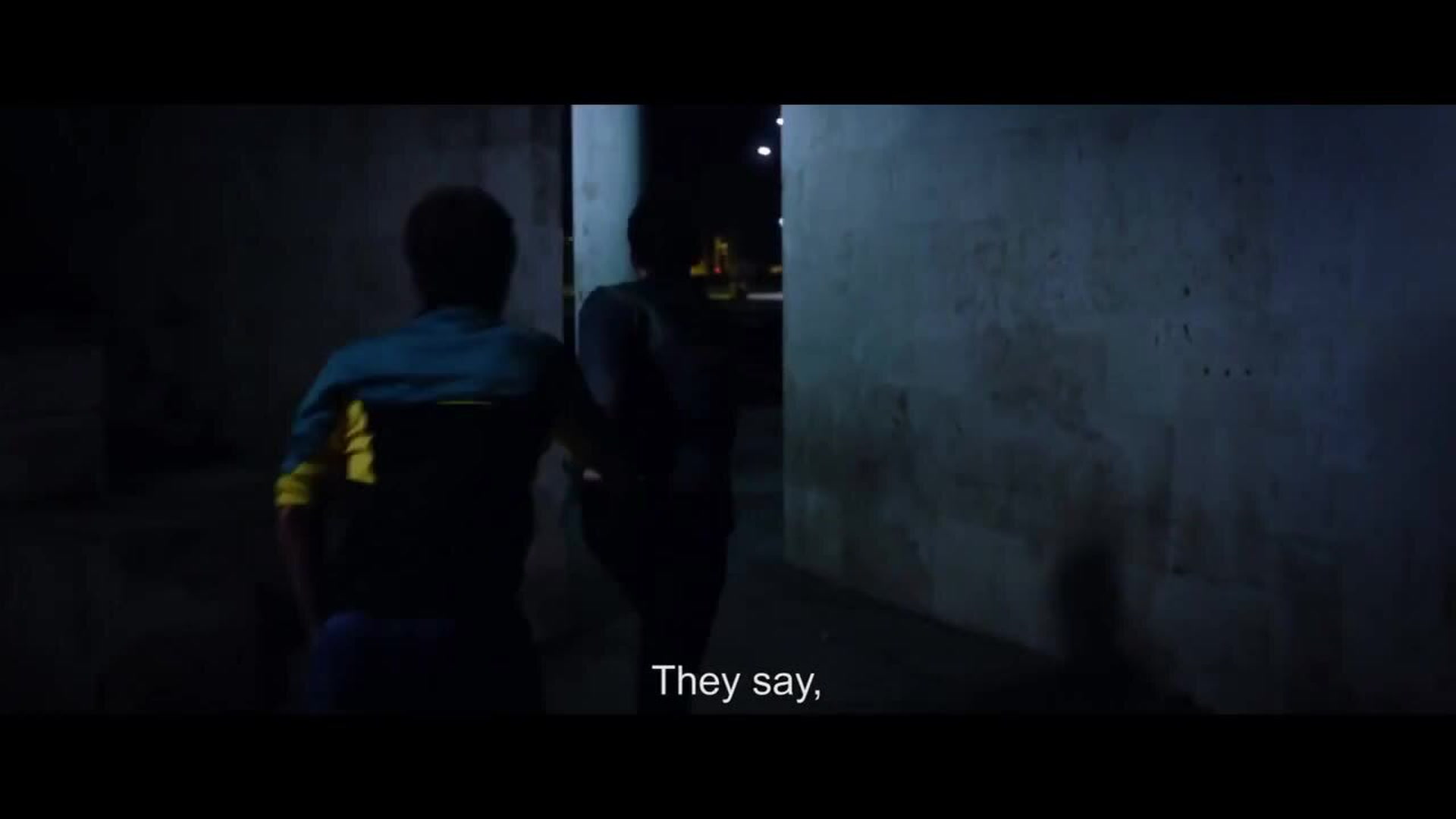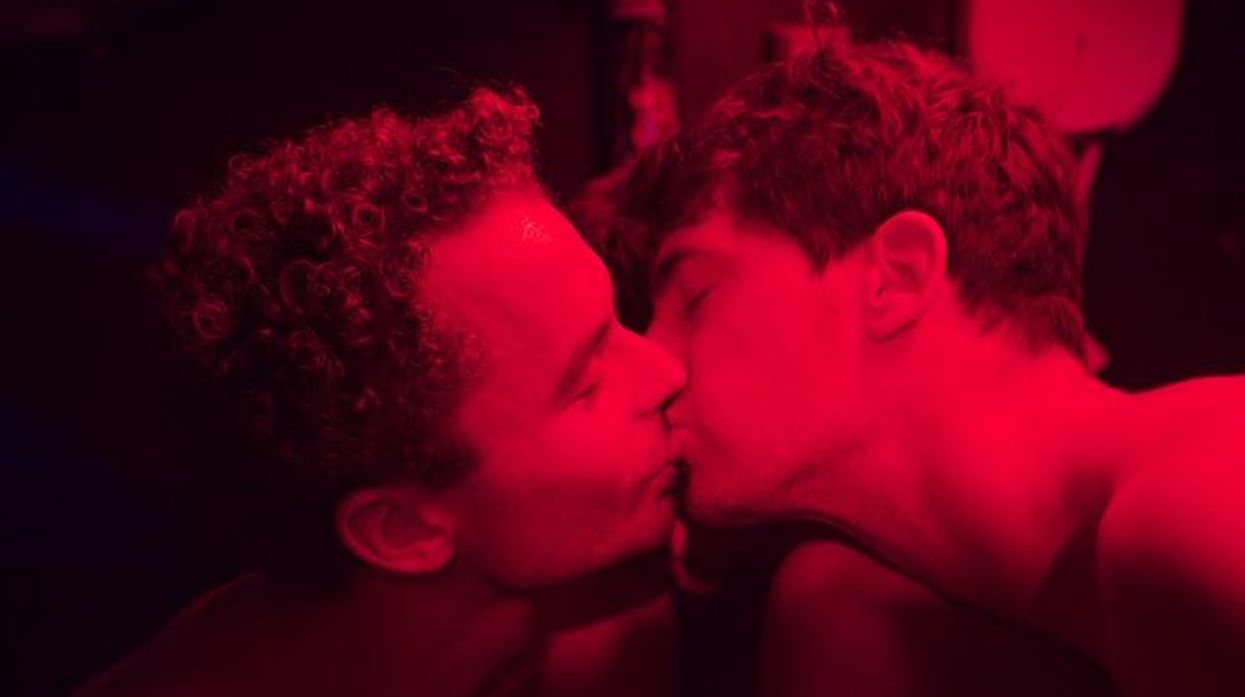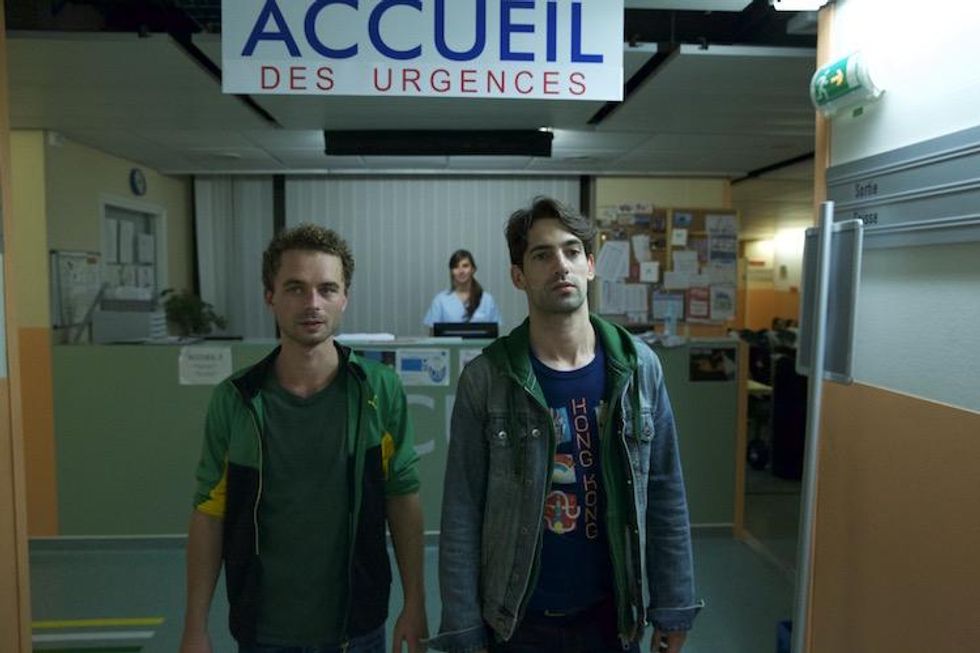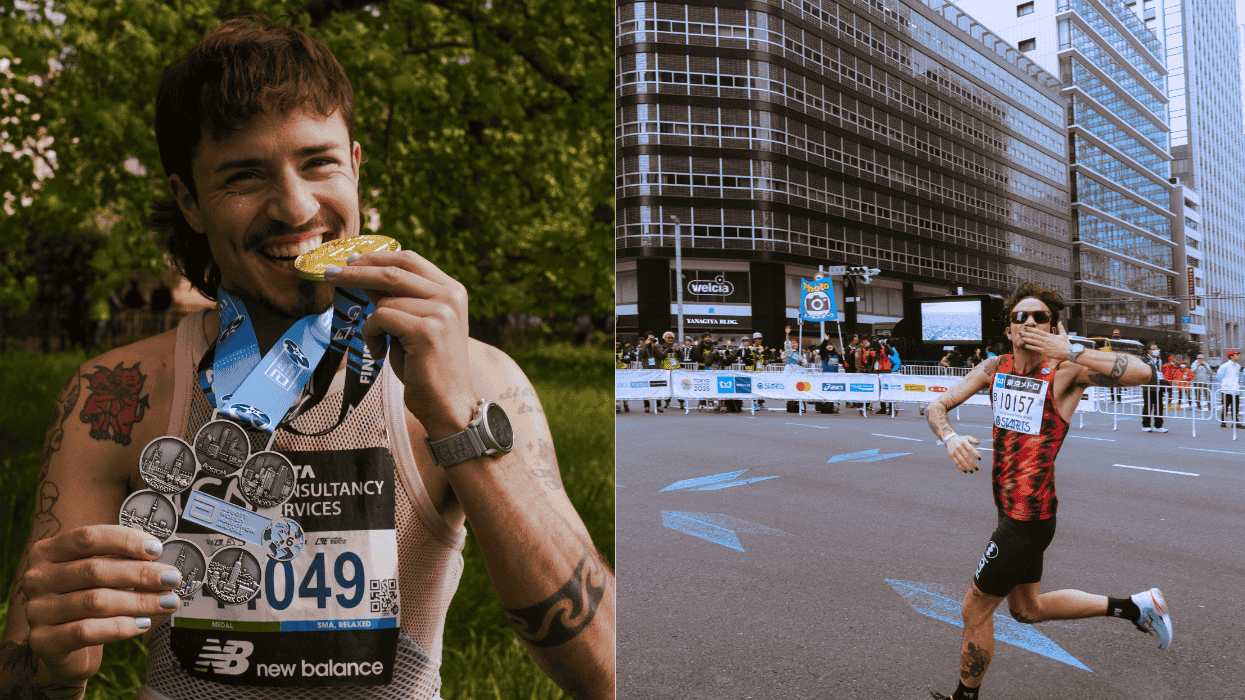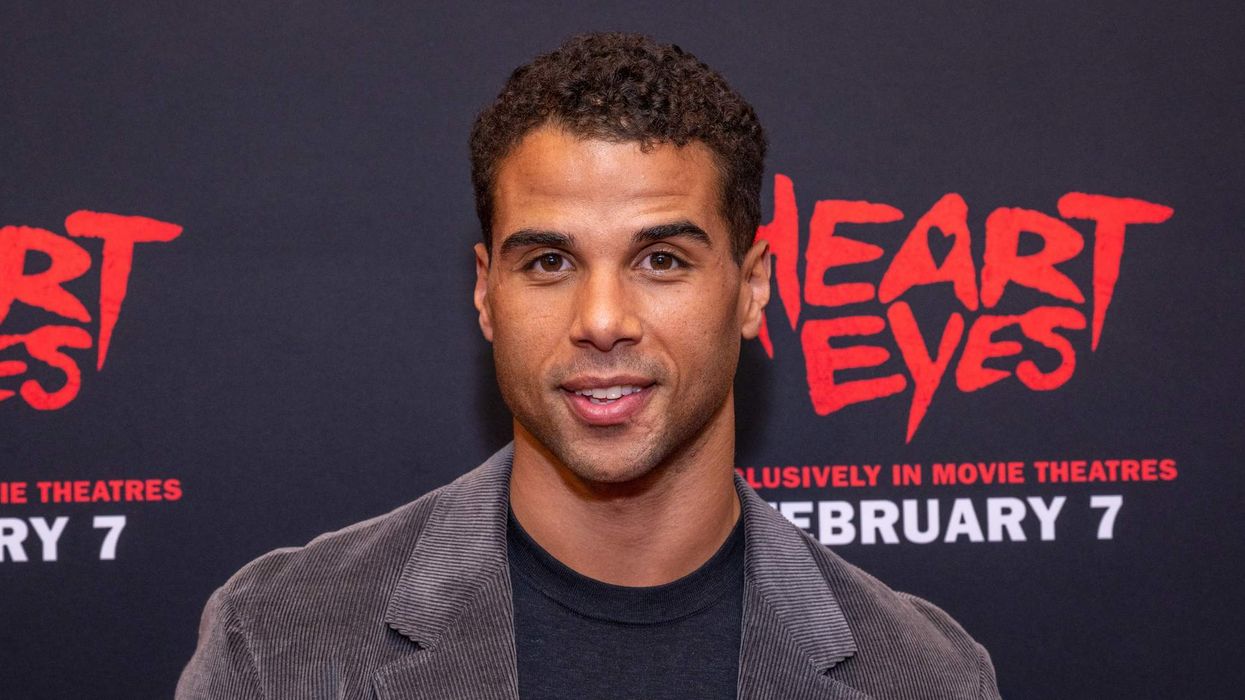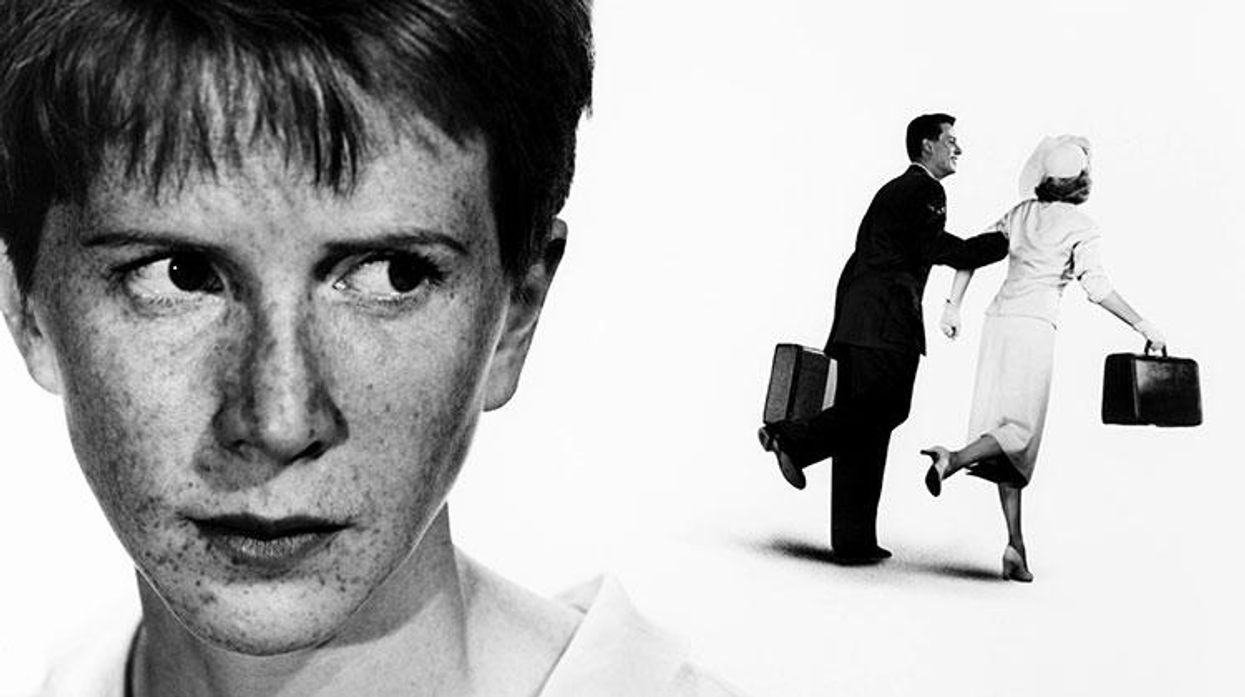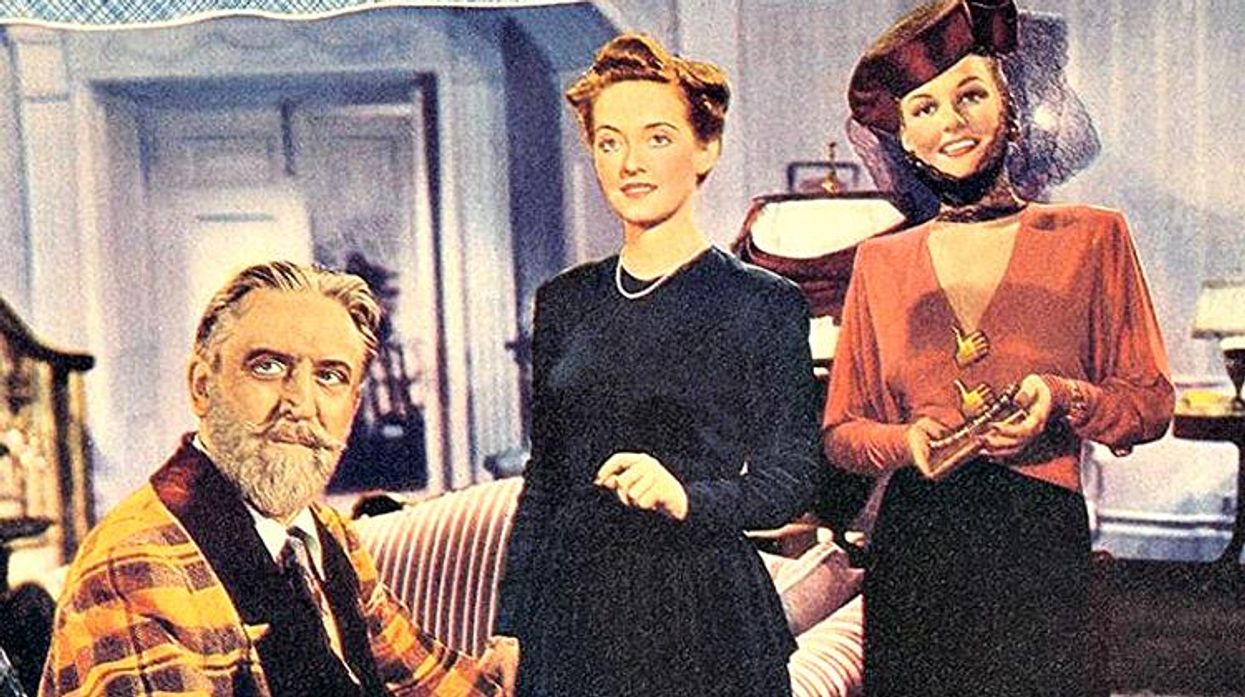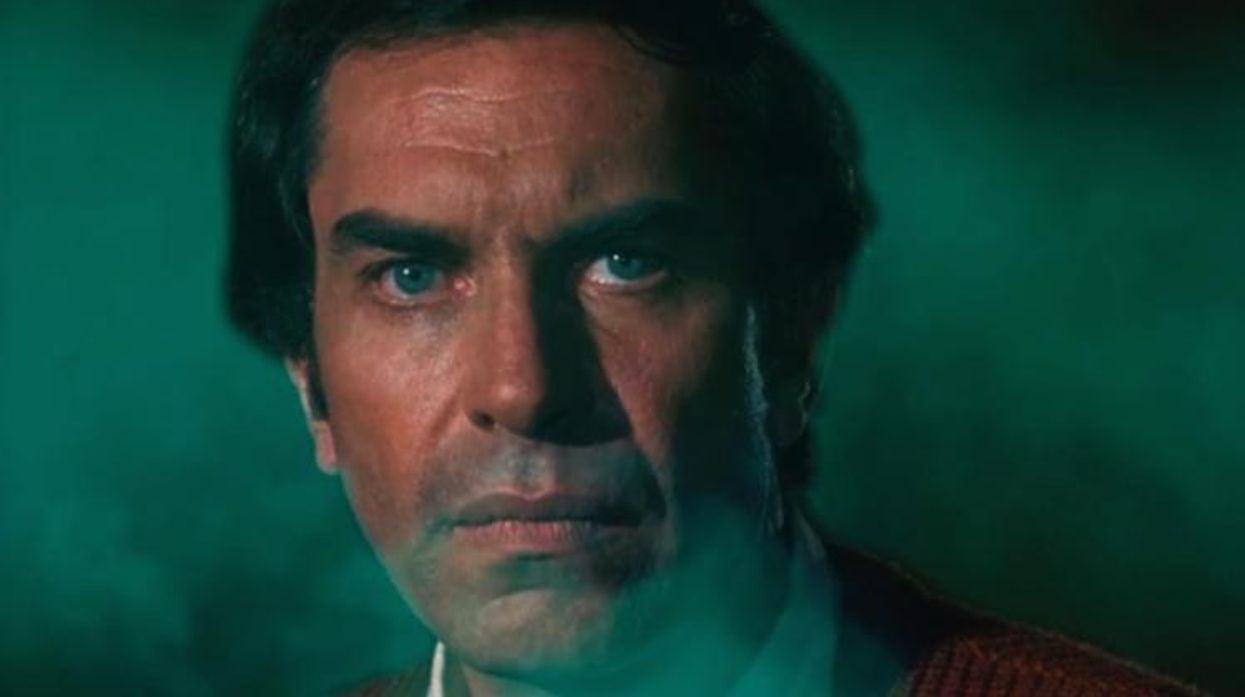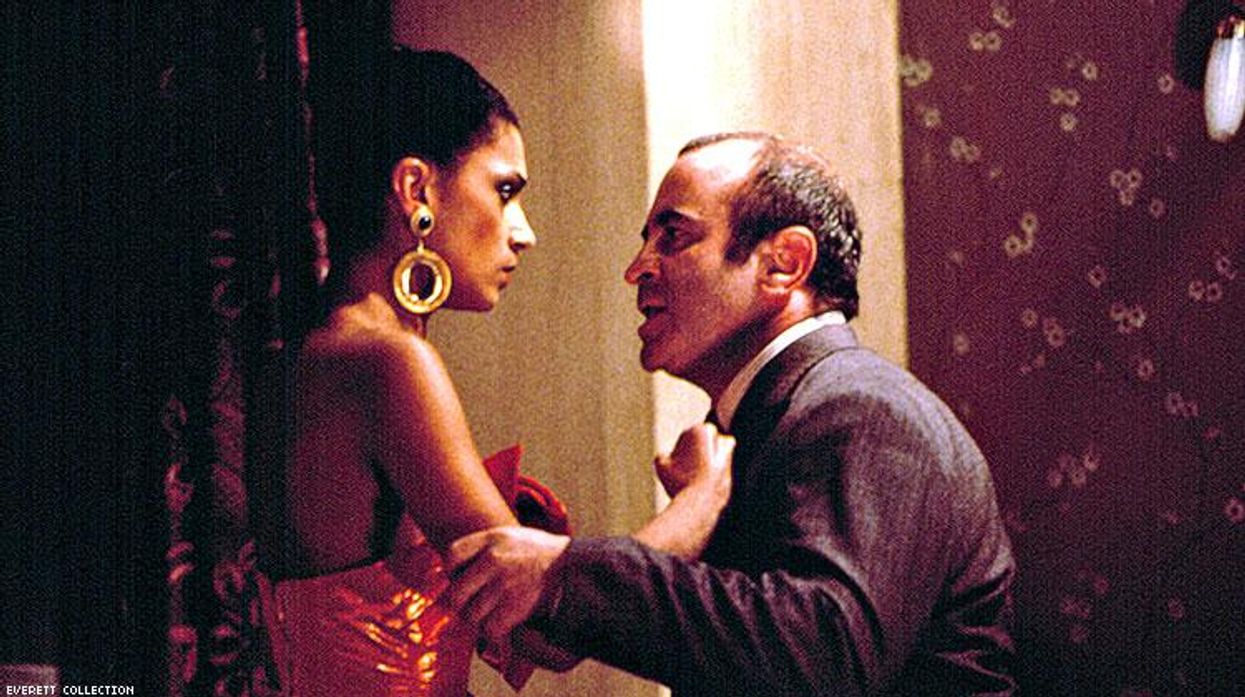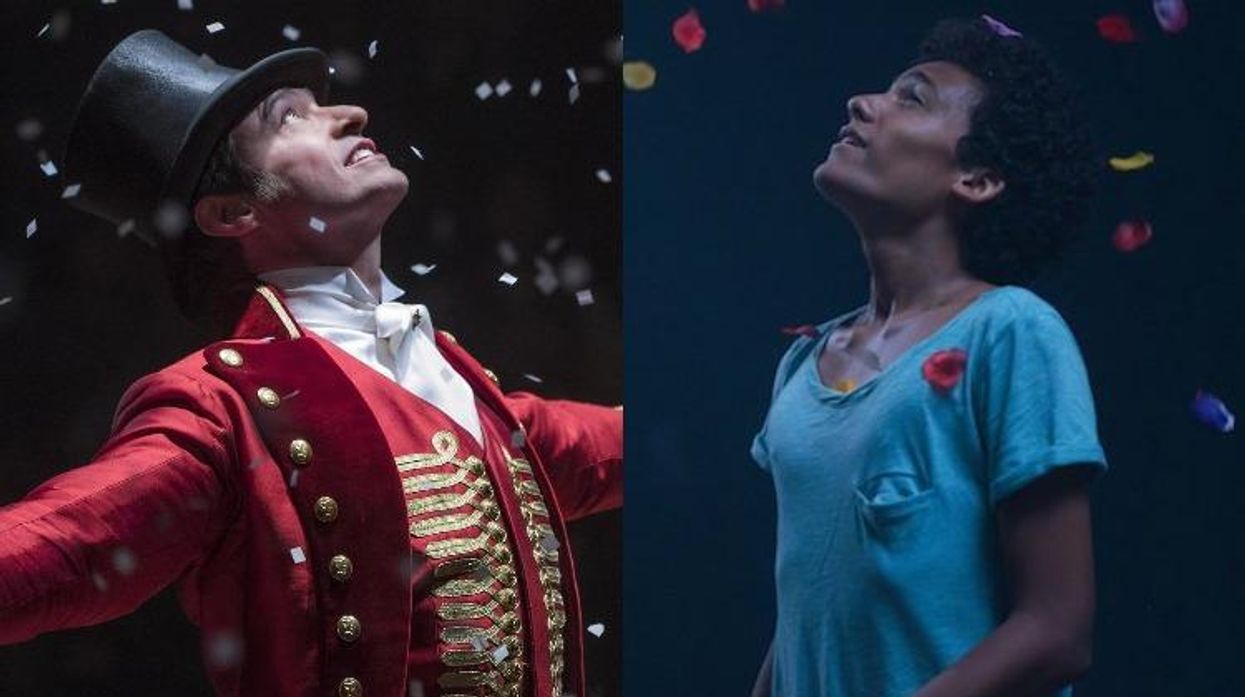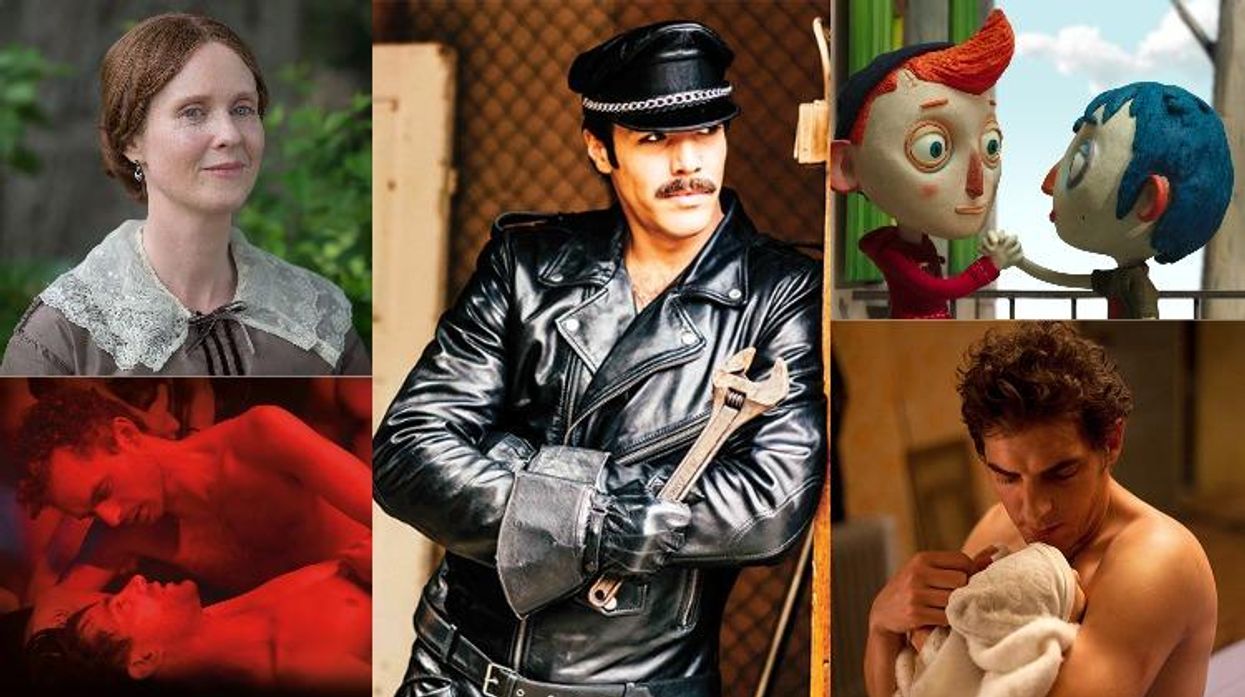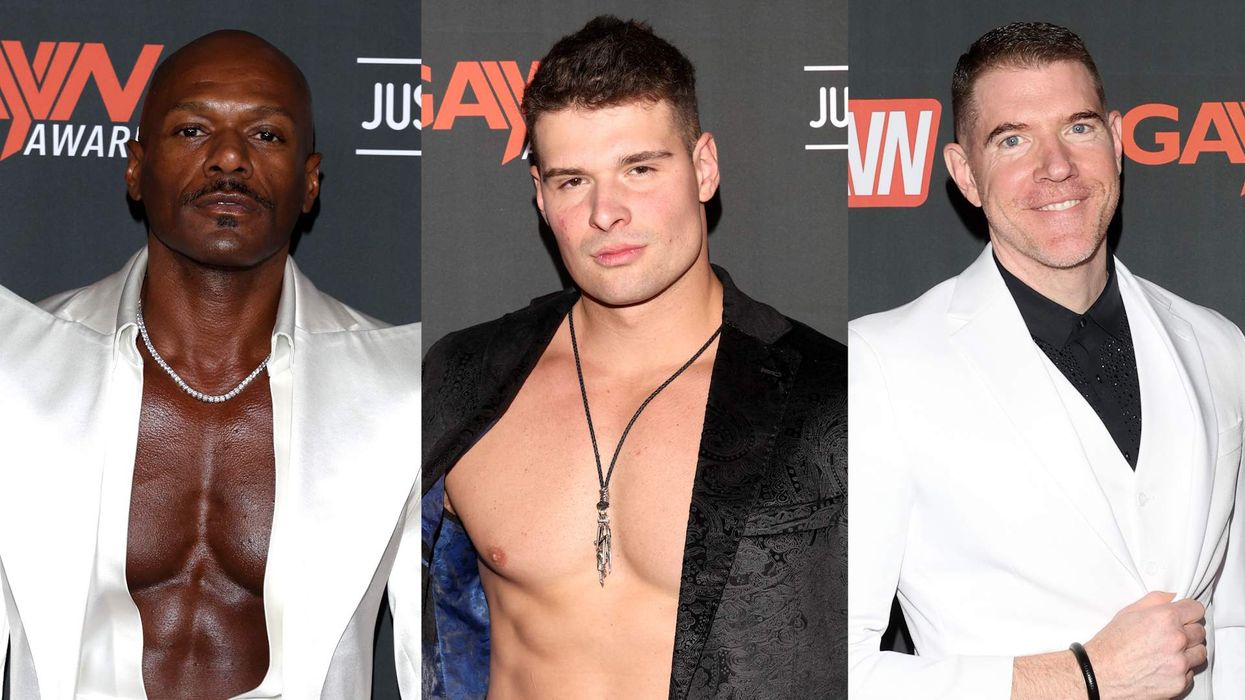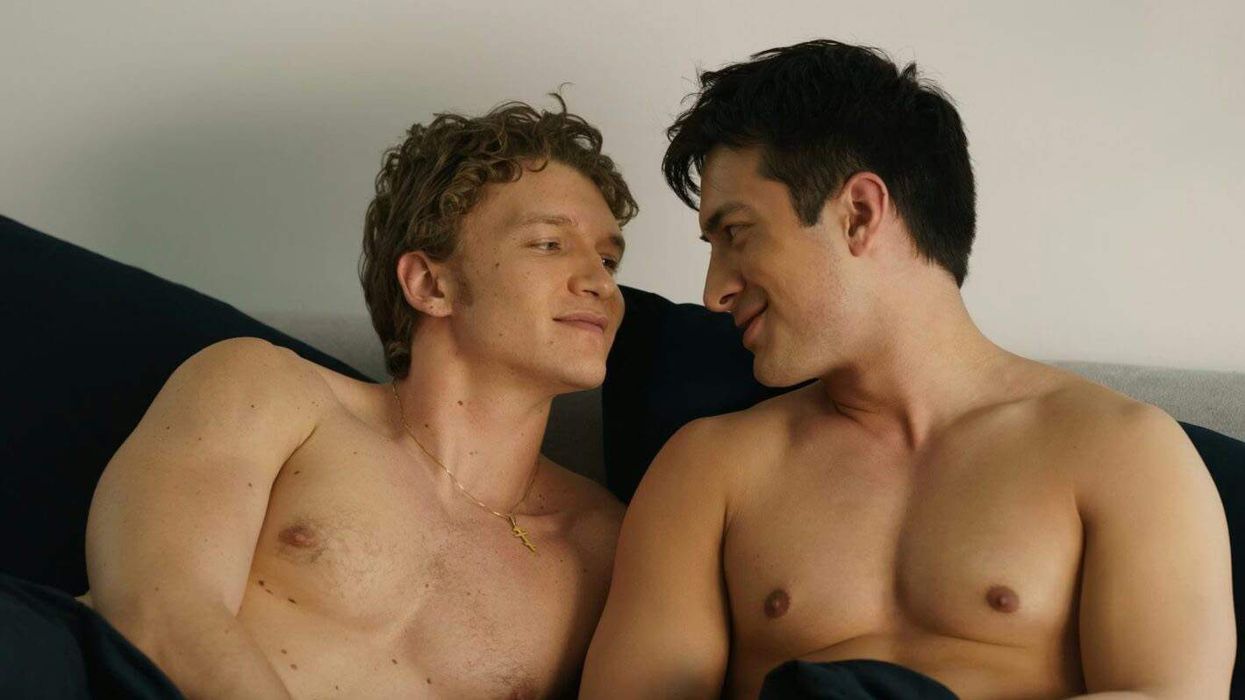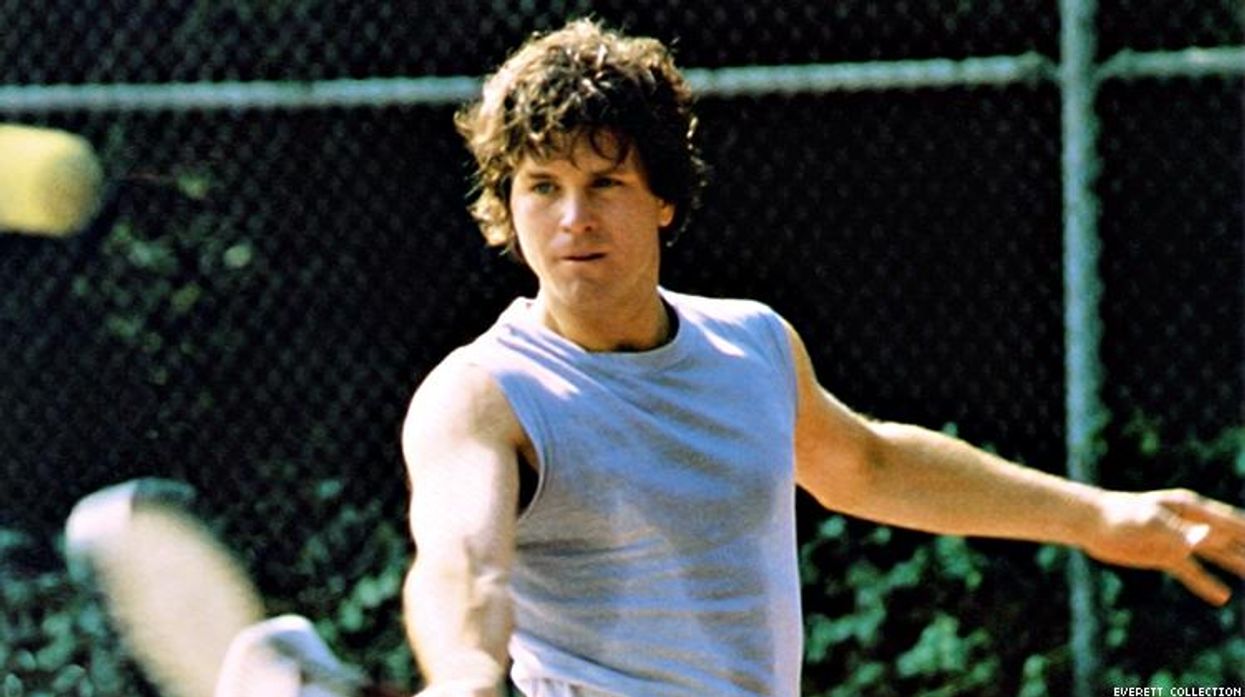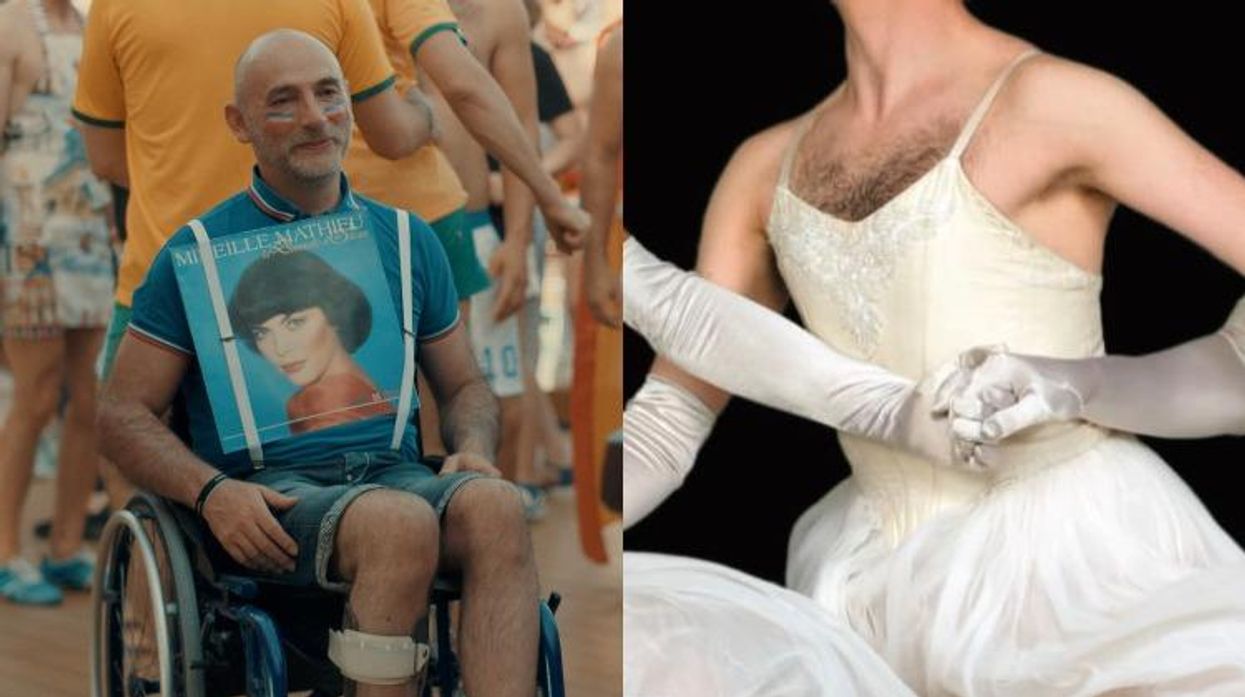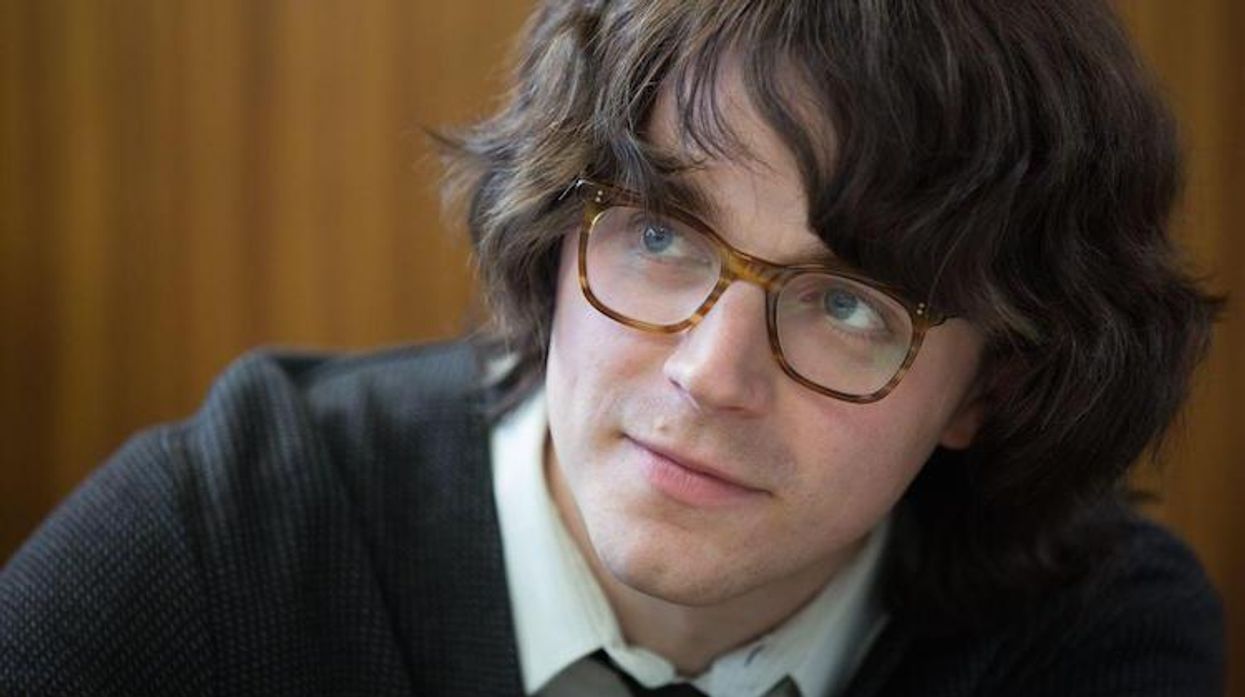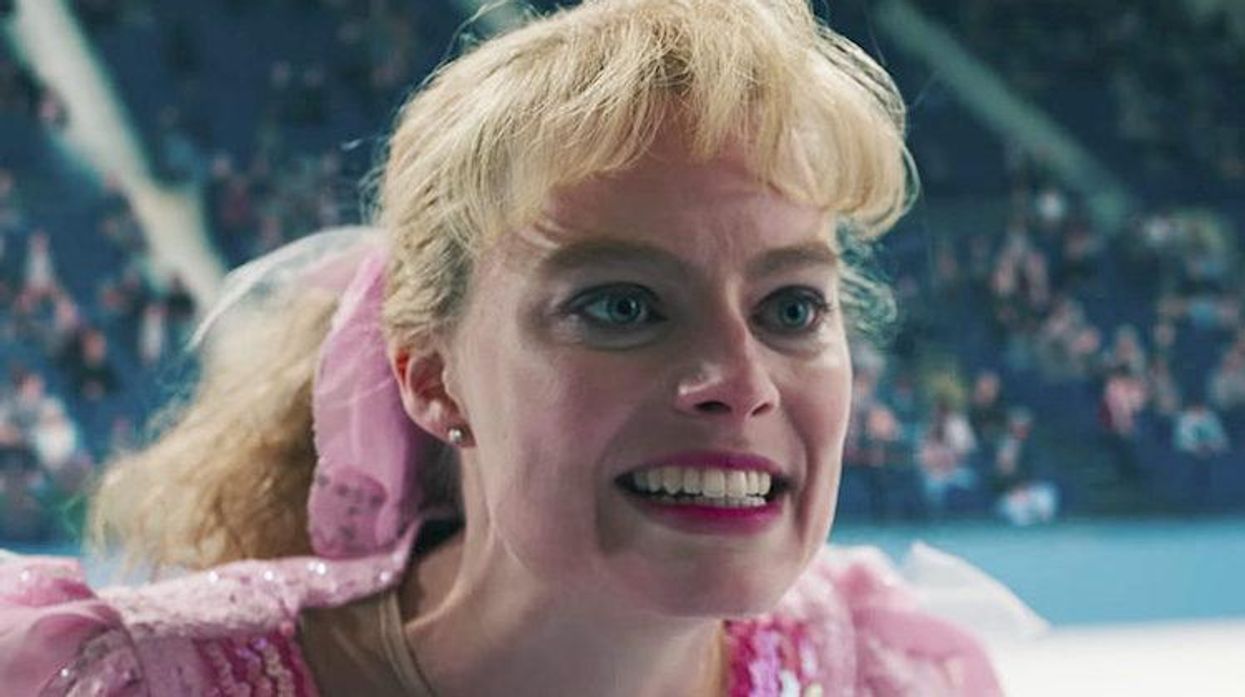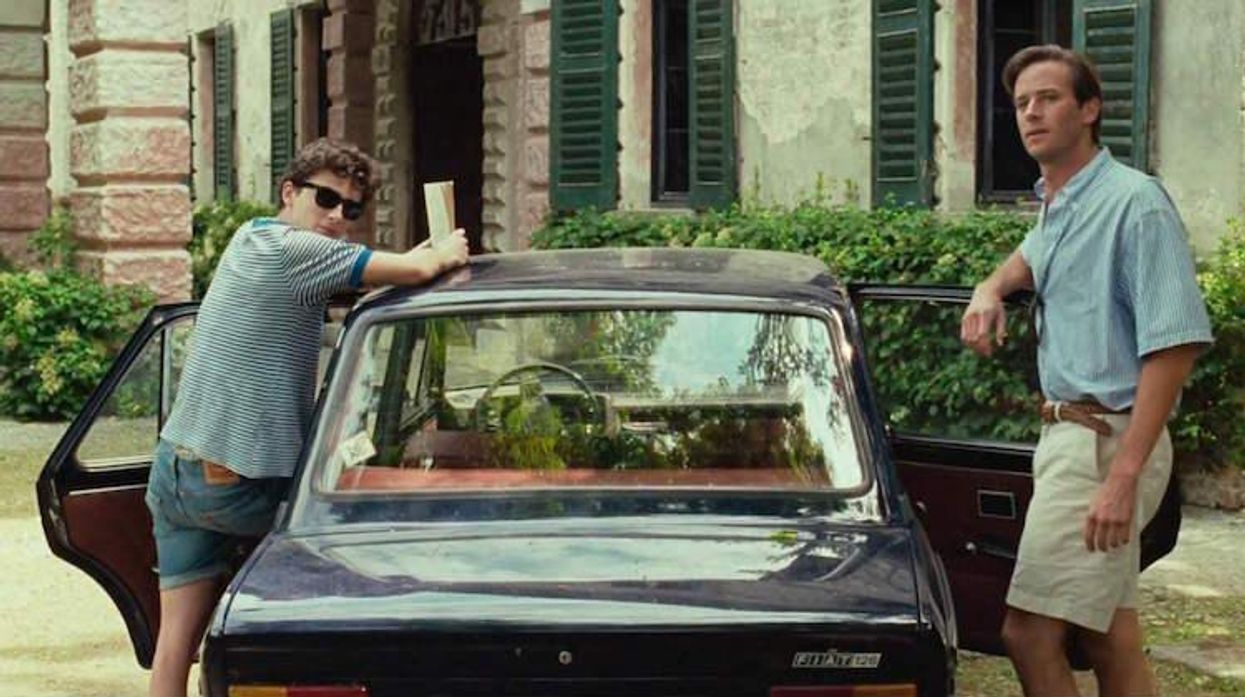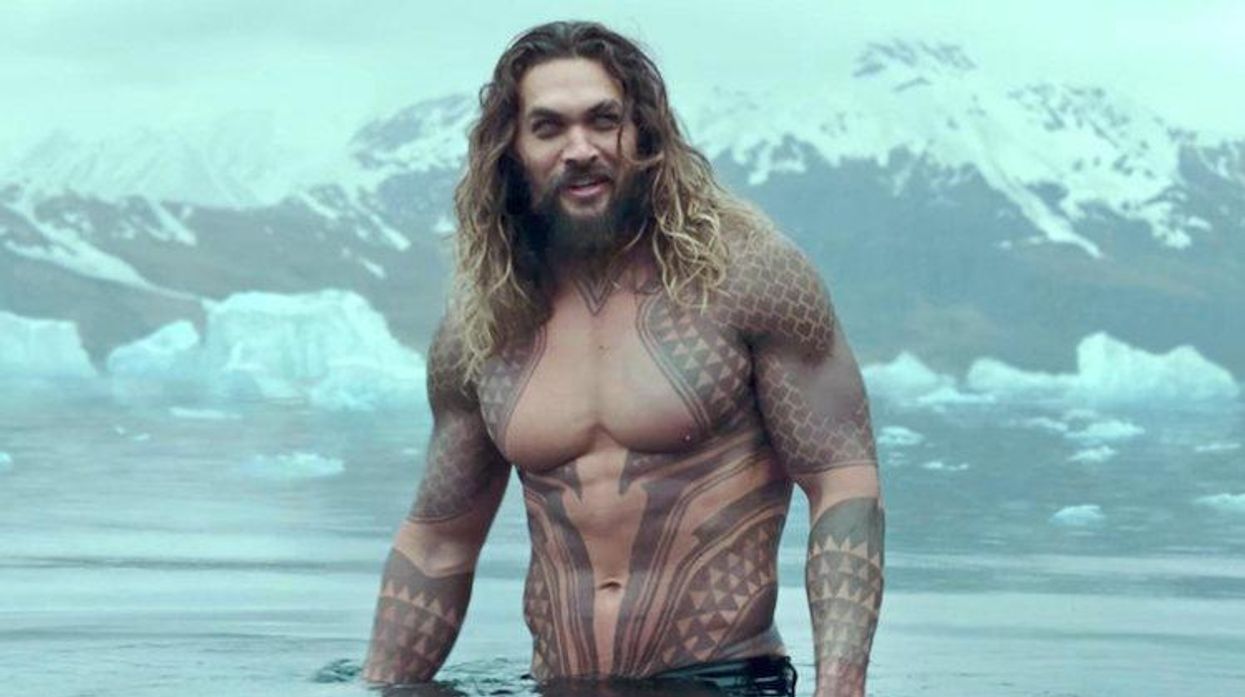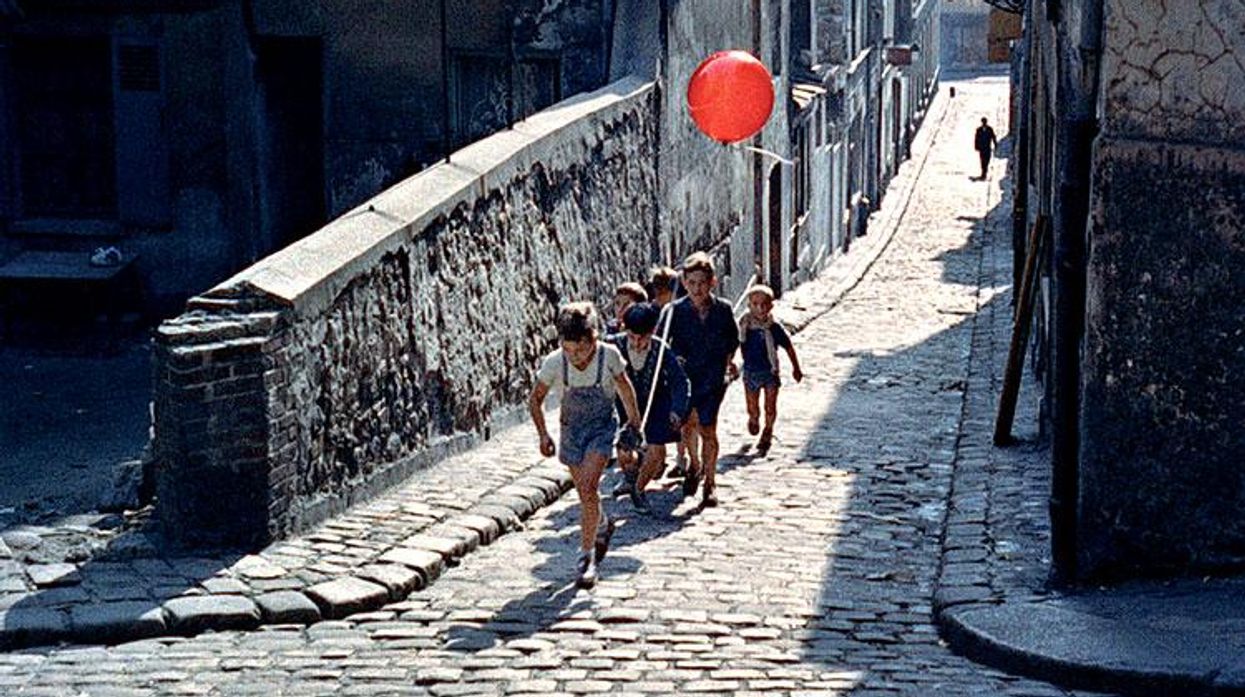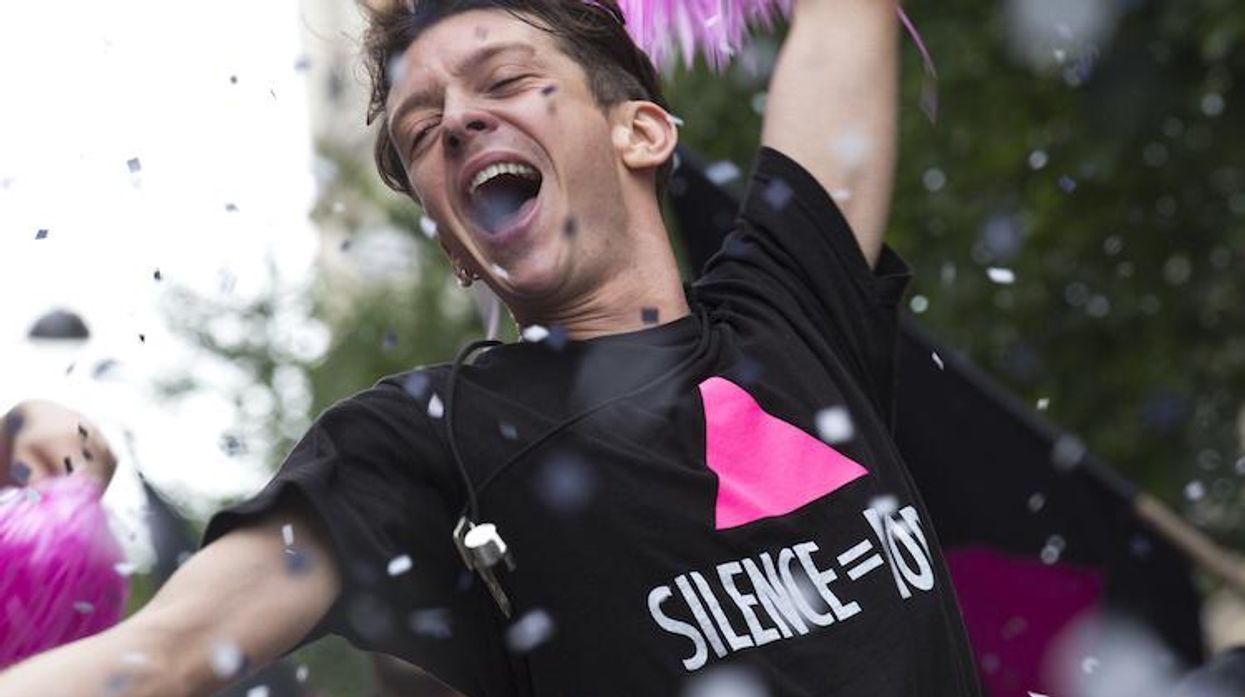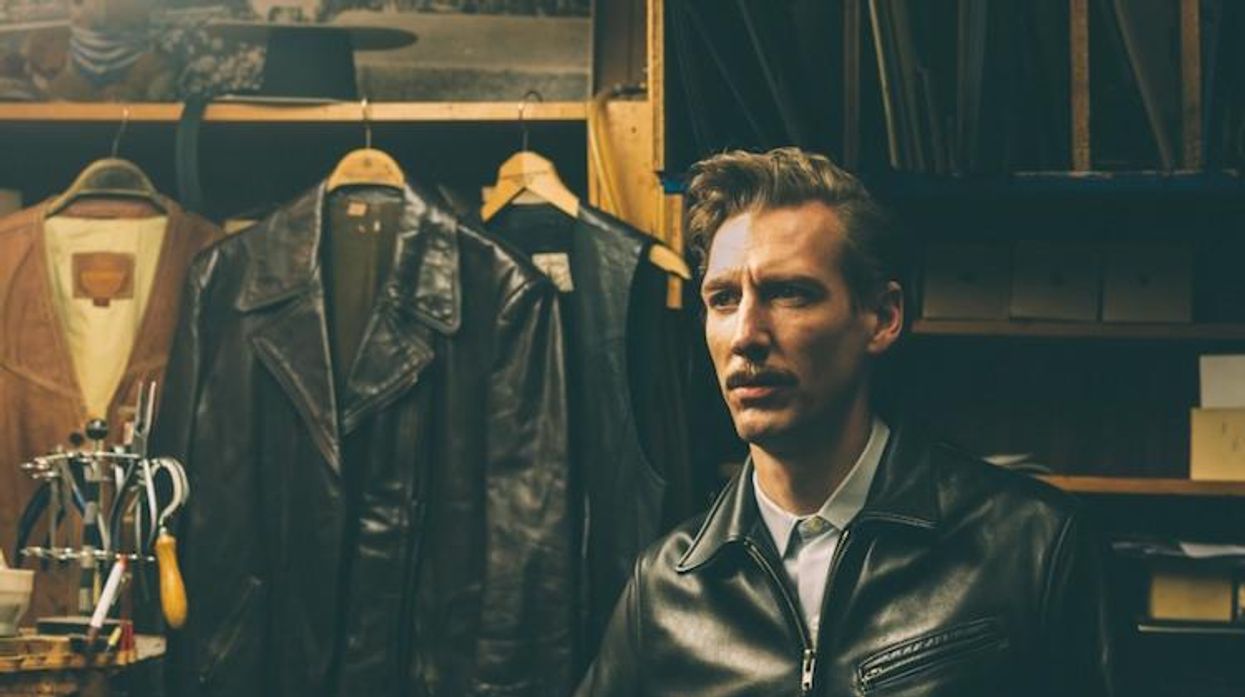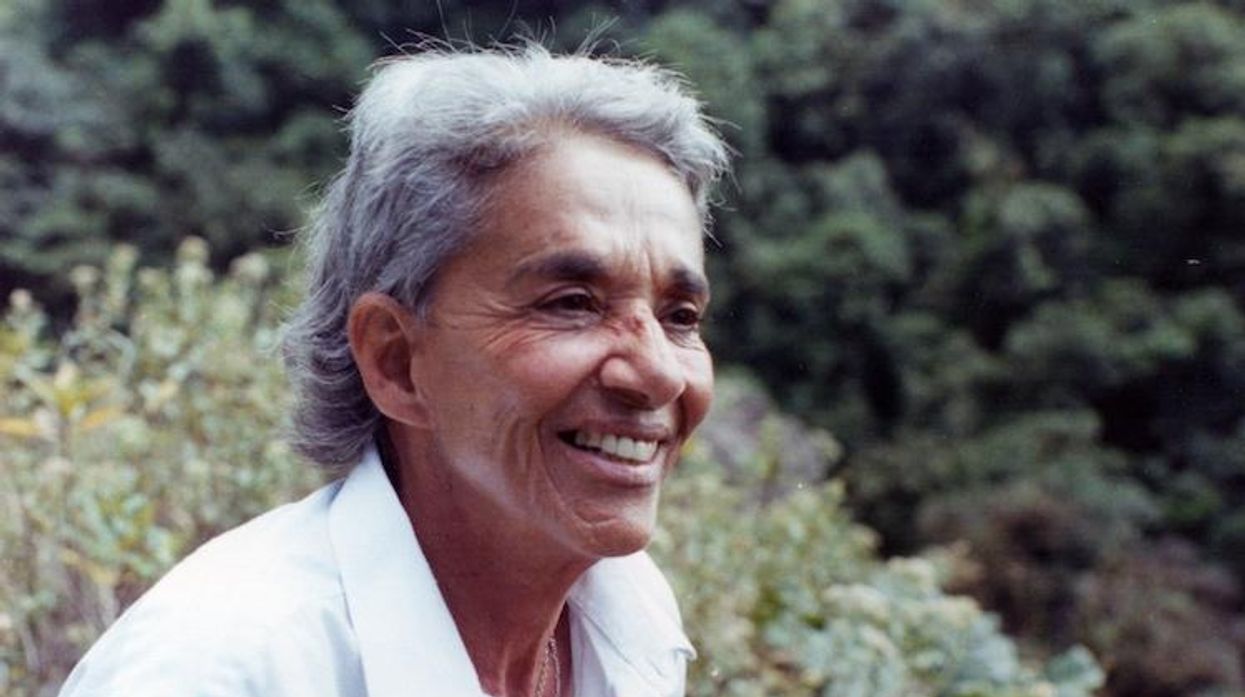That pathetic teenage handjob that haunts the hero of Moonlight all his life is exposed for the sentimental claptrap it is by the sexually frank Paris 05:59: Theo and Hugo.
Hugo and Theo meet in a Paris sex club. They fuck and fall in love. Their overnight story is a speeded-up version of the gay man's historic search for sexual happiness and emotional companionship before "marriage equality" gave that search a defined goal and a political end-point. But, ironically, the movie Paris 05:59: Theo and Hugo stays exhilaratingly open-ended.
Directing team Olivier Ducastel and Jacques Martineau masterfully sustain a sense of real-time, improvised spontaneity as they track Hugo and Theo (Francois Nambot and Geoffrey Couet) for a strict, suspenseful 97 minutes. The film goes from attraction to sex to commitment as the couple get to know each other from the after-hours nighttime to sunrise. Don't mistake this synopsis for a retread of Andrew Haigh's Weekend, which reduced a gay male hook-up-then-dating to drab monotony. That was fake realism, Theo and Hugo takes the notion of realism where no other mainstream filmmaker has dared.
The sex club orgy that starts the film should be a landmark in movie history. It's not new for gay culture which has depended on pornography for verification of of its desires--the erotic wish-fulfillment that Hollywood had long denied. Ducastel-Martineau transcend pornography through their unabashed acceptance of gay male sexual activity. Observing Hugo and Theo's bodies--ass, dick, sucking and fucking--is European custom. But it's the circumstances of public sex--communal sex, shown without disapproval or inhibition, that gives honesty and amazement to the film's understanding of gay male behavior. The libidinal aggression that defines male instinct and is an undeniable part of gay socializing on the street, in bars, discos and even sex clubs get acknowledged in Hugo and Theo's meat-cute.
Mexican director Julian Hernandez elevated T-room cruising to high-art in his masterpieces Broken Sky and Raging Sky, Raging Sun, even scoring its single-minded desperation to opera (Dvorak's Ruselka) as part of his visionary elegance. I've wanted Hernandez to take the next step and do a musical--a gay, Mexican version of West Side Story. Duscastel-Martineau beat him to it when Hugo and Theo's debauchery is suddenly personalized: they display each man's attraction like Tony and Maria isolated in romantic haze and drawn to one another in a world of their own. Yes, they're in the orgy with its horn-dog, dog-pile protocol, but not simply part of it. "Your eyes are closed" Theo says. "It helps me to see you, to be with you," Hugo responds.
Showing the boys' humanity this way explains the licentious drive that brought them to the sex club and redeems it. Duscatel-Martineau recognize the raunchy aspect of gay male sexuality that is currently disavowed as gays embrace middle-class norms--even though that raunch was formerly defended by radical gay activists as the right and meaning of gay liberation.
There's no sense of depravity like the gay sex club scene in Steve McQueen's sexphobic Shame (where Michael Fassbender bisexual dalliance proved he hit bottom). Hugo and Theo's no-shame nightlife shows gay millennial common-ground. Ducastel-Martineau, as conscientious artists, then confront the boys' particular moral concerns: how to survive gay men's fear of romance and everything else in the age of Prep and the HIV Cocktail.
Hugo, with his five-o'clock-shadow, is from the hinterlands, curly-haired Theo is an urbanite; yet they're not completely casual about sex and not corrupted by the city or the conventions of their subculture. They swing between new infatuation, horniness and worry. Both actors have emotionally-open faces. Hugo, who is HIV-Positive complains that instead of living with his disease he must "live against it" which speaks to the essence of modern gay ethics. Hugo and Theo are unable to escape the moods and risks of intimacy.
This makes the nighttown plot of Theo and Hugo thrillingly modern. Its nocturnal adventures (the boys on bikes in a neon-and-darkness Paris) are shot like Tron, a luminous sci-fi trek into unexplored territory. As in their earlier films Jeanne and the Perfect Guy (a musical), The Adventures of Felix (a road movie), and My Life on Ice (the first great gay feature video), Duscastel-Martineau continue to use their experimental technique to chart developments in gay life. (The title suggests Theory vs. Practice.) When Hugo and Theo pause to eat and chat with a Syrian immigrant deli worker, the filmmakers' liberal politics are clear. But what's greater is the way Hugo and Theo work-out their sexual certainties and temperamental uncertainties. The gay urban dilemma conquered.
